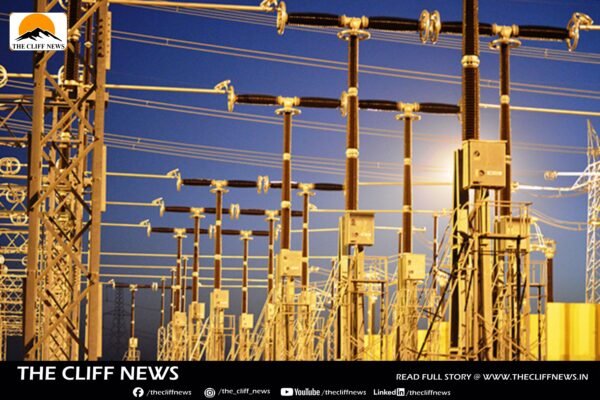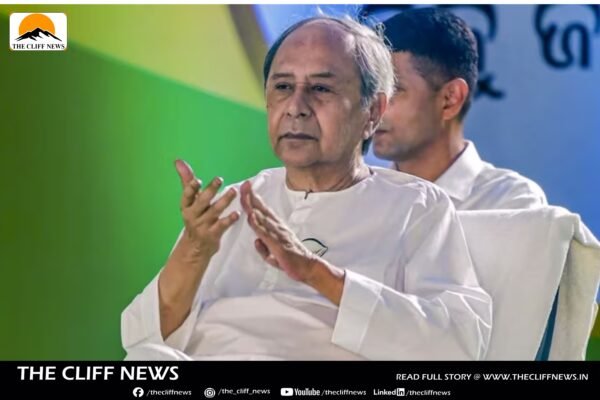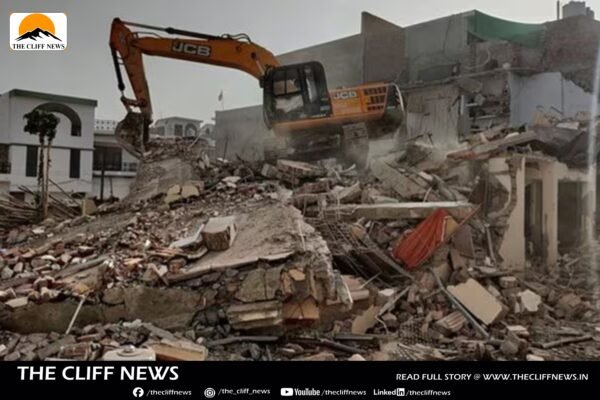After the government successfully passed the Waqf (Amendment) Bill in the Lok Sabha through a midnight vote, it was introduced in the Rajya Sabha on Thursday, with officials emphasizing that the Bill does not seek to undermine the rights of Muslims. While the Opposition parties accused the government of targeting the Muslim community, a fissure appeared within the ranks of the opposition. The Biju Janata Dal (BJD), which had initially stated its intention to oppose the Bill, chose not to issue a party whip, allowing its members the freedom to vote according to their individual beliefs just hours before the vote. Presenting the Bill in the Rajya Sabha, Union Minister for Minority Affairs Kiren Rijiju clarified that the “inclusive” legislation was designed to empower Muslim women and safeguard the rights of all Muslim sects. He reassured that the management and creation of Waqf properties would be handled by Muslims, with only Muslims as beneficiaries, waqifs, and mutawallis. He stressed that there was no intention of involving non-Muslims in these matters. Rijiju also emphasized that the Bill seeks to bring “transparency, accountability, and efficiency” and does not have any religious agenda. He added that concerns regarding the ‘Waqf by user’ issue would not affect properties already properly registered, as there would be no retrospective actions. However, any disputes or sub-judice matters would still be subject to court decisions. Leader of the House J.P. Nadda, supporting the Bill, rejected claims that the government was rushing the legislation through without due process. He pointed out that the Joint Parliamentary Committee formed in 2013 under the previous UPA government had only 13 members, while the committee under the Modi administration had 31 members, demonstrating a more democratic approach. Nadda argued that the Bill was merely designed to introduce “checks and balances” in the management of Waqf properties, similar to practices in Muslim-majority countries globally. He also reiterated the government’s position that amendments made to the Waqf Act in 2013 had led to negative consequences for Muslims, benefiting land mafias instead. In response, Congress MP Syed Naseer Hussain from Karnataka initiated the debate on behalf of the Opposition, criticizing the Bill for allegedly treating Muslims as second-class citizens. He questioned the government’s claim that people could not appeal Waqf tribunal decisions in court, pointing out the high number of cases still pending in the High Court and Supreme Court. Hussain, who had served on the Waqf board in Karnataka, argued that the assertion was misleading.



